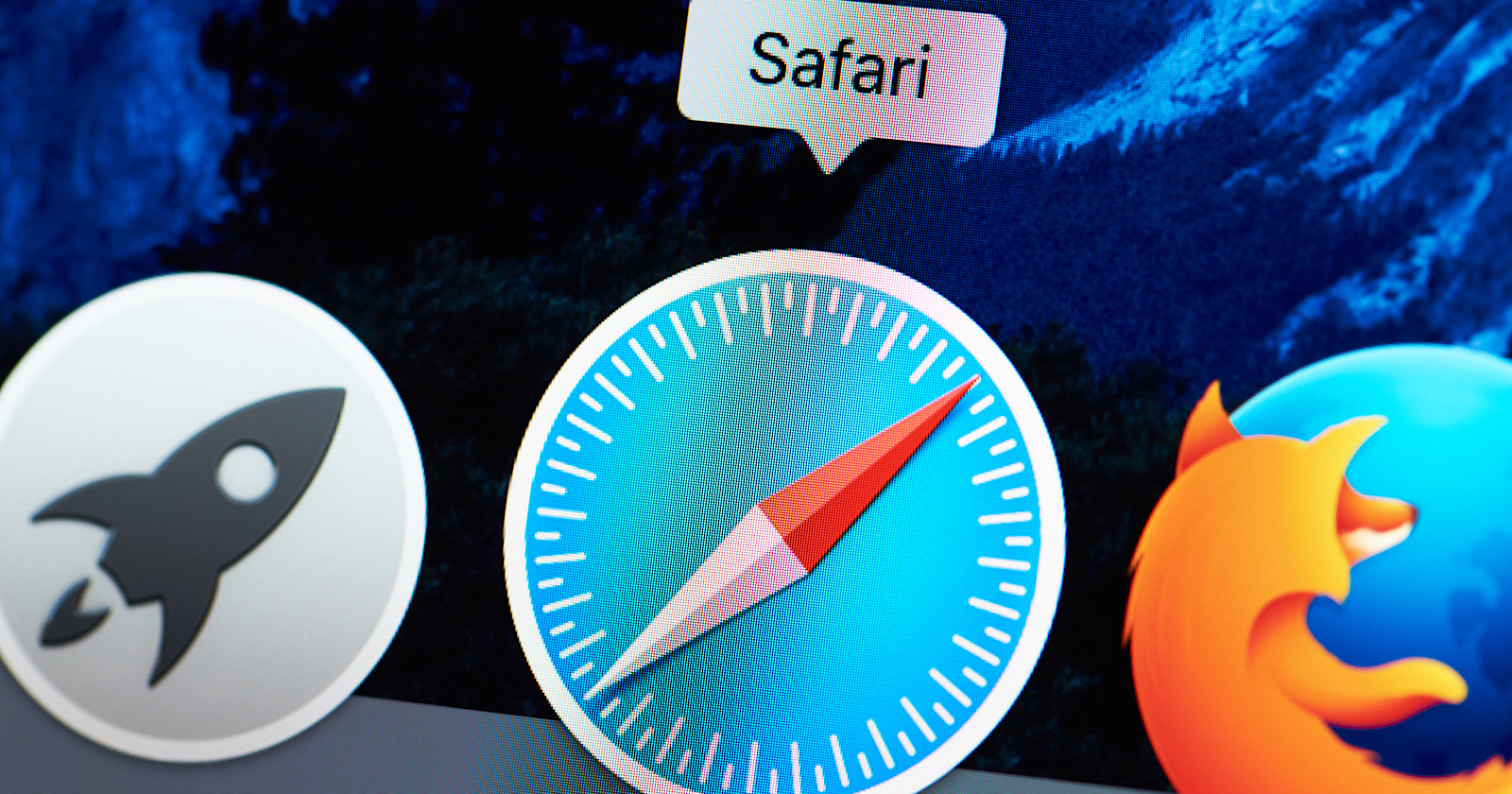Apple’s next version of the Safari web browser, available in macOS Big Sur, will reportedly not block Google Analytics as was previously thought.
Reports from several reputable developers indicate that Google Analytics will load and run on Safari 14 the same way it does on current versions of the browser.
That means marketers will not be losing a whole segment of Google Analytics data from Safari users.
Apple’s upcoming version of Safari will contain a new privacy report, which is where the misunderstanding stemmed from.
The privacy report contains details about third-party trackers blocked on the web page a user is currently visiting.
However, it’s not as damaging to marketers as it seemed when Apple first previewed the feature.
Analytics developer Simo Ahava debunked the idea that Safari 14 blocks data tracking from GA in a recent write up.
“Safari does not block resource loads. That’s not how Intelligent Tracking Prevention(ITP) works. It’s more elegant than that.”
To back up this statement, Ahava shared tweets from fellow experts in the marketing and tech industry who conducted their own independent tests.
So @SimoAhava and the folks, an #WWDC20 #ITP update. In the initial release of macOS Big Sur it looks like the new features in #Safari are only UI-focused and nothing new than ITP 2.3 is being implemented. Ergo:
– Safari now all the 3rd-party domain trackers on the website 1/3 pic.twitter.com/2RLOOmffZl— Maciek Stanasiuk 📈 (@stanasiukcom) June 24, 2020
In follow-up tweets, Maciek Stanasiuk says his testing shows the privacy report is a UI-focused change only.
That means there is no change to how the the new version of Safari deals with third-party trackers.
“… it at least looks there’s nothing we didn’t already know,” Stanasiuk adds.
Google Analytics will function the same as it does on existing versions of Safari. Apple is simply making ITP data more accessible for the average user.
In addition, Stanasiuk notes third-party context (such as access to cookies) is only blocked by Safari when the user turns the privacy setting on manually.
It’s also worth mentioning that no HTTP requests are being blocked in Safari, making it less intrusive than browser extensions like Ghostery.
A developer named Tom Anthony contributed to these debunking efforts, and has personally tested the behavior of Google Analytics on Safari 14.
Here’s what he found:
I've tried Safari 14 (on macOS Big Sur), and tested the behaviour of GA vs Safari 13.1, and didn't immediately see any noticeable difference, other than v14 reports domains on which ITP blocked cookies. cc @SimoAhava @benedictevans
— Tom Anthony (@TomAnthonySEO) June 23, 2020
What is Safari Actually Doing With Third-Party Trackers?
At this point you may be wondering what Safari is doing when it says it’s preventing known trackers.
Here’s an explanation from Ahava’s write up:
“When Safari says it blocks or prevents a tracker, what it means is that the ITP algorithm has flagged some domain as having cross-site tracking capabilities, and Safari has, among other things, stripped it of its capabilities to carry cookies in cross-site requests, also known as third-party cookies.”
When a domain is flagged as a cross-site tracking domain, Safari implements protective measures limiting communication to and from that domain.
More specifically, Safari limits the ability of websites to send personally identifying information back and forth.
Given that Google Analytics is not designed to collect information that can be used to identify individual users, it will work on Safari 14.
Bottom line – marketers do not need to worry about Google Analytics being blocked by Safari.
Source: simoahava.com




